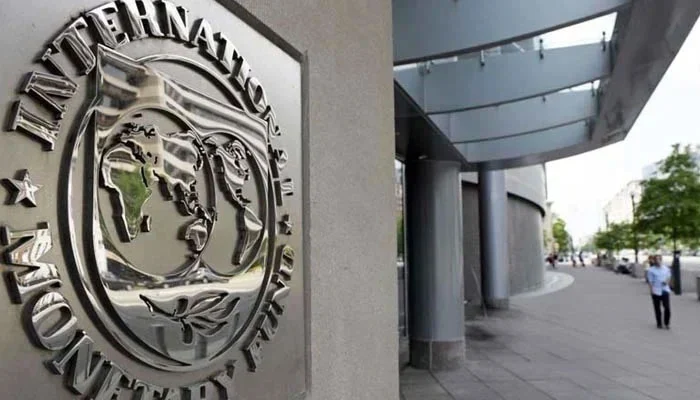Mohsin Siddiqui (Chief Reporter)
The International Monetary Fund (IMF) is gearing up for a pivotal visit to Pakistan in mid-May 2024, marking a significant juncture in the country’s economic trajectory. The impending visit is poised to shape the contours of the much-anticipated bailout package under the Extended Fund Facility (EFF) program, estimated to range between $6 to $8 billion.
Finalizing Macro and Fiscal Frameworks
The IMF delegation, slated to spend approximately two weeks in Islamabad, will engage in intensive discussions to cement the macroeconomic and fiscal frameworks for the forthcoming three to four years. This deliberation is pivotal, as it lays the groundwork for Pakistan’s economic roadmap, dictating policy measures and targets crucial for financial stability and growth.
Budgetary Implications and Fiscal Stabilization
As Pakistan braces for the presentation of the 2024-25 budget before parliament around June 6 or 7, 2024, the specter of stringent measures looms large. With a keen eye on achieving fiscal stabilization, the government is poised to undertake potentially impactful measures aimed at aligning expenditure with revenue streams and addressing burgeoning fiscal deficits.
Pension Reforms on the Horizon
A significant facet of the impending IMF program revolves around pension reforms, set to undergo scrutiny and potential restructuring. Discussions hint at the feasibility of subjecting pension provisions to taxation, with proposals ranging from incorporating pensions into the tax net to imposing a flat-rate tax on pensioners exceeding specified income thresholds.
Program Size Determination and Augmentation Requests
Central to the forthcoming parleys between Pakistan and the IMF is the determination of the EFF program’s size, a decision poised to significantly influence the nation’s economic landscape. Pakistan is anticipated to explore avenues for augmentation, drawing parallels with initiatives undertaken by countries like Bangladesh and Egypt to bolster their respective IMF programs.
Focus on Fiscal Consolidation
The IMF is poised to advocate for robust measures centered on heavy taxation and substantial expenditure curtailment to facilitate fiscal consolidation. Despite positive primary surpluses, Pakistan’s fiscal balance confronts challenges, notably the strain exerted by debt servicing obligations on net revenue receipts, necessitating strategic interventions.
Conclusion
The impending IMF mission to Pakistan heralds a critical juncture in the nation’s economic narrative, with ramifications spanning fiscal policy, pension reforms, and structural adjustments. As stakeholders brace for deliberations that will shape Pakistan’s economic trajectory, the focus remains on fostering fiscal resilience and charting a course towards sustainable growth.




